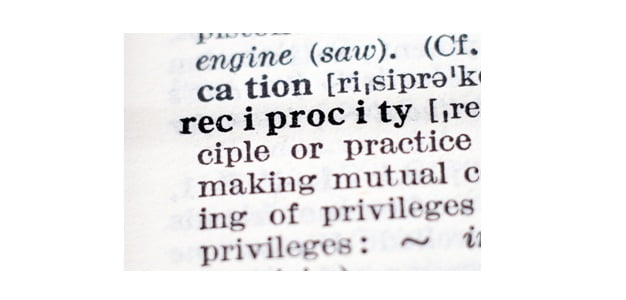Understanding Medical Cannabis Reciprocity. As more research demonstrates cannabis’s effectiveness as a medical treatment, more states are developing legal medical marijuana programs to help patients obtain cannabis therapy safely and legally. Unfortunately, because cannabis remains a Schedule I drug under the federal Controlled Substances Act, each state has been forced to develop their medical marijuana program separately, which means there is no national system of medicalhttps://www.ostomylifestyle.org/oxford-astrazeneca-vaccine/
marijuana patients. If you want to use weed medically, you need to apply to your state’s medical marijuana board and visit state-licensed dispensaries around where you live. You cannot transport cannabis across borders, so if you travel to a new state, you might be without your cannabis treatment for the duration of your trip.
Unless you visit a state that offers reciprocity. If you are interested in traveling out of state but want to be certain you will have access to medical marijuana without breaking federal law, read on to learn more about reciprocity.
Defining Reciprocity
In legal terms, reciprocity is the mutual exchange of privileges between entities. For example, if the United States and China agreed to lower the tariffs on imports from the other country, they would be engaging in reciprocity. Likewise, if you pay for lunch with a friend and they pay the bill next time, you have enjoyed a reciprocal benefit.
Though each state holds its own governmental jurisdiction, states tend to have many reciprocal policies with one another to maintain order across the country. When it comes to cannabis regulations, reciprocity can relate to whether a state allows another state’s resident to make purchases at recreational dispensaries, but more often, reciprocity is concerned specifically with whether a state honors another state’s written recommendations for medical cannabis.
Because cannabis laws are so patchwork, not every state maintains reciprocal cannabis regulations with every other state. Some states have agreed to recognize all other medical marijuana cards, whereas some states pick and choose which states’ cards to accept. Worse, because the federal government has thus far refused to step in to create cohesive cannabis regulations, medical marijuana users must work to learn each state’s reciprocity laws for themselves.
Which States Have Reciprocity?
Of the more than 30 states with medical marijuana programs, only 16 states, Puerto Rico and Washington, D.C. allow some reciprocity of medical marijuana cards. These states include:
- Arizona
- Arkansas
- California*
- Hawaii
- Maine
- Maryland
- Michigan
- Nevada
- New Hampshire
- New Mexico
- Oklahoma
- Rhode Island

Worth noting is that many states that developed medical marijuana programs early or that were quick to legalize recreational cannabis do not offer reciprocity. Even though you could visit a recreational Colorado dispensary (as long as you are 21 older), you would be turned away from a medical dispensary without a valid Colorado card. What’s more, California, the nation’s capital of cannabis cultivation and consumption, does not accept out-of-state medical marijuana cards at its dispensaries, but it does allow non-residents to apply to its medical marijuana program, which is unique in the U.S.
How to Visit Another State’s Dispensary
As mentioned above, it is important that you look into the rules of the state in which you hope to receive reciprocity, to verify that your valid medical marijuana card will be accepted. Some state law makes reciprocity as simple as showing your out-of-state medical marijuana card and ID to the budtender when making a purchase at a medical dispensary. Other states require multiple forms of government ID. Still others require medical users to register with state marijuana boards or apply for temporary in-state licenses before visiting, and some prohibit out-of-state cardholders from purchasing, but permit them to possess weed. To ensure that your medical treatment is not interrupted, you need to know the laws of your destination and take appropriate steps before your trip into another state.
With the right support, more states will loosen their medical cannabis guidelines and allow out-of-state medical marijuana cardholders to obtain the treatment they rely on for health and wellness. Even better would be a federal system for medical marijuana, which conceivably would give patients the right to carry cannabis products with them on domestic travels and to make necessary purchases from any medical dispensary within the United States. Reciprocity is good for medical patients, but we can imagine and work toward something better.










